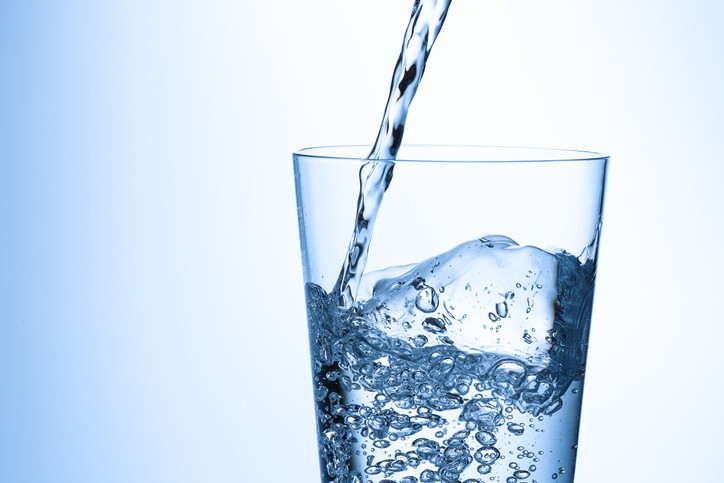In the world of health and wellness, hydration is often discussed in terms of drinking enough water. However, one of the most crucial types of hydration—cellular hydration—doesn’t just focus on the amount of water you drink, but how effectively your cells absorb and retain it.
Cellular hydration plays a pivotal role in every aspect of health, from energy levels to weight management, and can even affect the accumulation of visceral fat.
In this article, we’ll explore its importance & connection to fat reduction.
What is Cellular Hydration?
The process of water entering the body’s cells to support their functions. While traditional hydration is concerned with the overall amount of water consumed, cellular hydration emphasizes the ability of your cells to properly absorb and retain that water. However, achieving proper hydration is not as simple as drinking more water. It requires a balance of water, electrolytes, and nutrients that help facilitate water absorption at the cellular level.
The Role of Cellular Hydration in Weight Management
One of the most significant benefits of proper cellular hydration is its ability to influence body fat, particularly visceral fat. Visceral fat is the harmful fat stored around the organs, and it is closely linked to numerous health issues such as heart disease, diabetes, and metabolic syndrome.
Dehydration at the cellular level can disrupt the body’s ability to efficiently burn fat and metabolize nutrients. When your cells are properly hydrated, your metabolic processes run more smoothly, allowing for better fat burning and energy production.
How Cellular Hydration Affects Visceral Fat
Hydration plays a vital role in the body’s ability to metabolize fat. When cells are hydrated, they can perform their metabolic functions more effectively. A well-hydrated body is also better equipped to break down and transport fat cells to the liver for processing. If your cells are not hydrated, this process can slow down, leading to an increase in fat storage, particularly visceral fat.
Tips for Improving Cellular Hydration
To achieve optimal cellular hydration, you need to go beyond just drinking water. Here are some essential tips for improving cellular hydration:
- Balance Electrolytes: Electrolytes like sodium, potassium, and magnesium help the body absorb and retain water at the cellular level. Consider adding foods rich in electrolytes, such as bananas, leafy greens, and avocados, to your diet.
- Drink Water with Electrolytes: Simply drinking water may not be enough for proper hydration. You may need to add an electrolyte-rich drink, or even a pinch of sea salt, to your water to optimize absorption.
- Consume Water-Rich Foods: In addition to drinking water, eating hydrating foods like cucumbers, watermelon, and celery can help support hydration.
Conclusion
Cellular hydration is much more than just drinking enough water. For optimal health, it’s essential that your cells absorb and retain water efficiently.
Proper hydration can support your metabolism, reduce visceral fat, and improve overall well-being. By balancing electrolytes, staying hydrated with nutrient-rich fluids, and maintaining a healthy lifestyle, you can boost your hydration at the cellular level, reduce fat storage, and live a healthier life.
If you’re ready to take charge of your health, improving cellular hydration is a great place to start. At Holistic Movement, we specialize in the treatment and reversal of autoimmune diseases, obesity, obesity-related diseases, and offer alternative solutions in family medicine and oncology.
Proper hydration can enhance your body’s natural healing processes, reduce visceral fat, and boost overall wellness. Reach out to us today to learn how we can support your journey to better health with a personalized, holistic approach.
Join the Holistic Movement and embrace a healthier, more vibrant life!
Follow Debra L Korn Doctor of Naturopathic Medicine on Facebook

